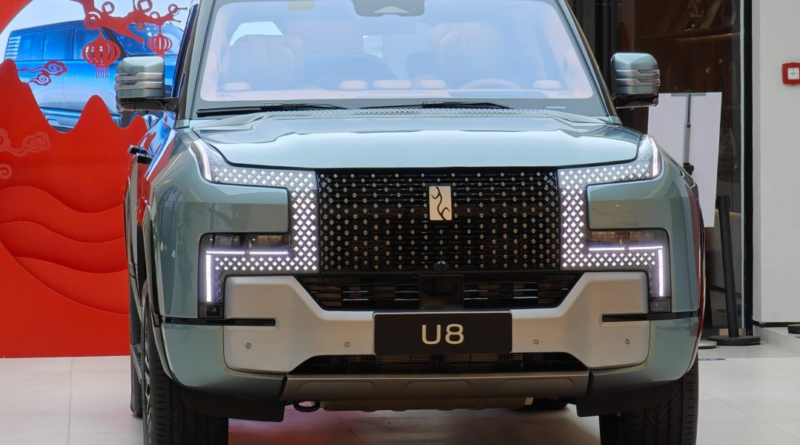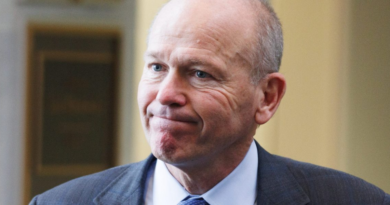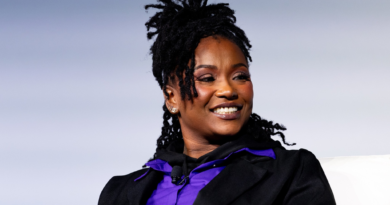Fresh from eclipsing Tesla in EV sales, BYD plans raft of new upscale models to grab leading share of luxury car market
China’s BYD outlined a new long-term strategy to boost sales and profits along with its sagging stock price, including plans to take a “leading position” in the luxury EV market.
Fresh from eclipsing Tesla in sales for the first time last quarter, the Warren Buffett-backed carmaker said in a regulatory filing on Sunday it would begin offering a raft of new premium priced EVs and plug-in hybrids—collectively classified as New Energy Vehicles (NEVs) in China—across three main brands starting this year.
The Shenzhen-based carmaker leads a new phalanx of Chinese EV upstarts Elon Musk has warned can ‘demolish‘ their western competitors thanks to their aggressive growth, a booming domestic EV market, low-cost labor and vast supply chain for lithium refining and battery cell production.
“The hot sales of high-end luxury brand models have significantly enhanced the company’s profitability and greatly enhanced brand image,” BYD said in the statement.
The company chose to be light on the specifics, but it cited as evidence the success of its upscale Yangwang U8. BYD expects the SUV, which is capable of turning a full 360 degrees on the spot like a tank, will be China’s best-selling vehicle in the segment for 1 million-plus RMB ($140,000) EVs in January for the second month running.
BYD became the first-ever Chinese automaker to participate in the Japan Mobility Show in its 47-year history.
The YANGWANG U8 displayed its tank turn, showcasing BYD’s innovative tech and superior craftsmanship to Japanese audiences. #JMS2023
Read more: https://t.co/D6qpXagmAa pic.twitter.com/dPjgQg3xEm
— BYD (@BYDCompany) October 27, 2023
Typically new launches act as a drain on financial resources initially, as the dealer pipeline has to be filled with enough inventory to meet demand from the first wave of customers. The same goes for expanding a company’s production footprint, as BYD is doing in Hungary, where it has begun building its first car plant in Europe.
BYD however said its growth plans would not prove an impediment to buying back its own shares, as China’s leading carmaker seeks to restore investor confidence.
Enormous R&D staff to power product offensive
The announcement comes as most traditional carmakers in the West are scaling back their EV ambitions or at least pushing them further into the future.
Even Tesla has hit the brakes, preferring instead to talk up the prospects of its humanoid robotics program in order to capitalize on the boom in artificial intelligence. When it comes to its core car business, Musk delayed construction of his vehicle manufacturing plant in Mexico and quietly buried previous aspirations to announce the next site of a new Tesla EV factory by the end of December.
By comparison, BYD shows neither signs of slowing down nor is it tempted to follow Musk by pivoting away from cars to tout sexier trends like AI and robotics. To fuel the new product offensive, the Chinese carmaker has a staggering 90,000 engineers in research and development on its payroll; that’s nearly two-thirds of Tesla’s entire global workforce.
Even as BYD has torn up the EV market, though, its shares have flopped over the past 12 months. Everything from concerns over Elon Musk’s price war combined with waning enthusiasm to own Chinese shares have seen the stock plummet 35% since this time last year. As a result it has dropped from third most valuable carmaker by market cap, behind Tesla and Toyota, to now just seventh.
That’s why the company is considering a second stock buyback that would be “reasonable and feasible”, based on prevailing market conditions, after previously repurchasing 5.51 million shares by June 2022.
This should delight investors like Buffett. His Berkshire Hathaway investment holding owns nearly a tenth of the company.




